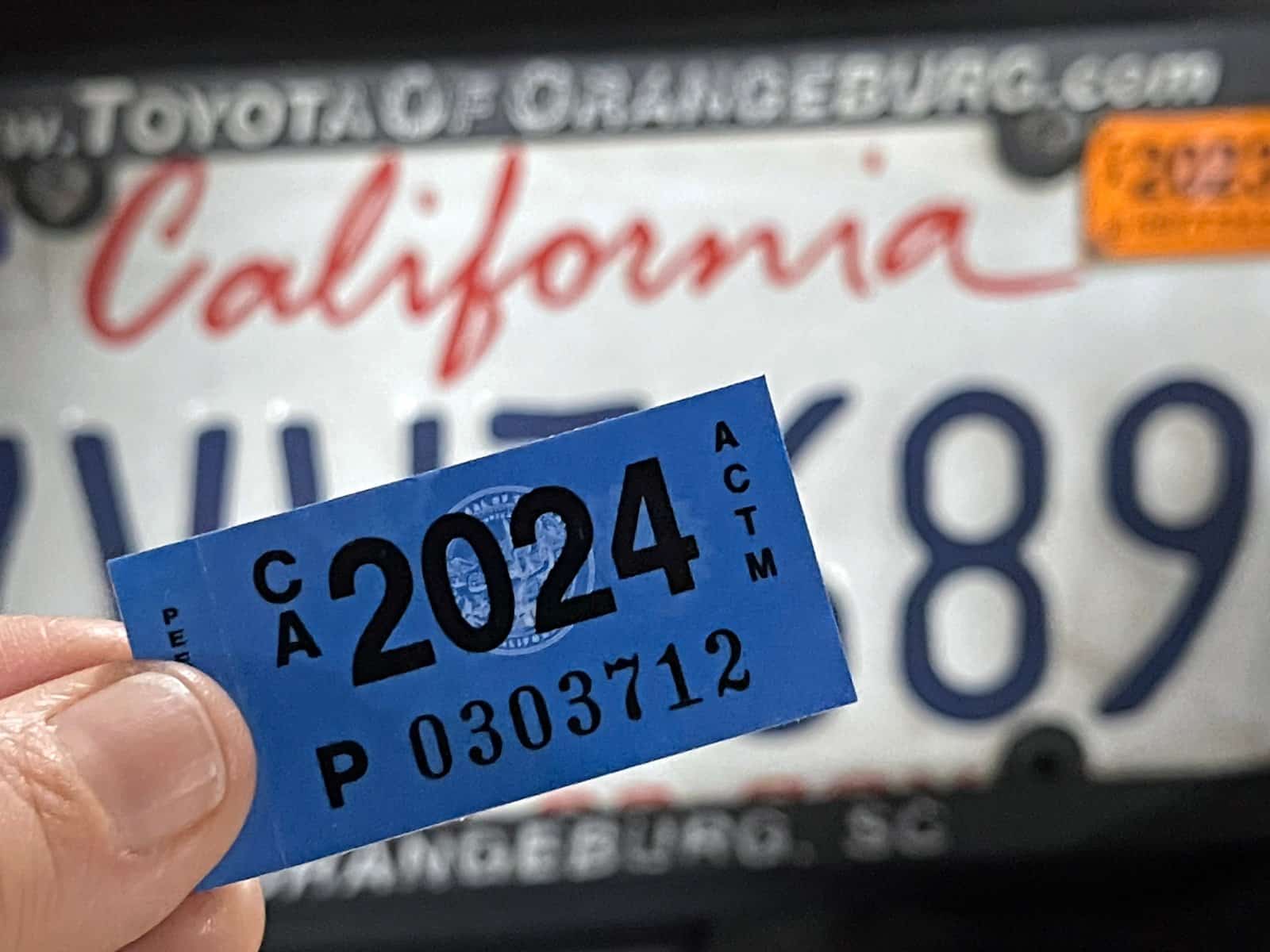Consumers are making the switch from formerly affordable fast food franchises to sit-in casual dining, according to the CEO of Olive Garden’s parent company.
Is It Over for Fast Food?

The fast food industry has taken a battering in the last year, as inflation-weary customers express dismay over soaring prices at iconic franchises like McDonald’s, Burger King, Wendy’s, and more.
Turning Their Back on the Classics

Now it appears that many Americans are turning away from their old favorites in favor of casual dining restaurants like Olive Garden, Chili’s, and Applebee’s. Atleast, that’s what Darden Restaurant’s CEO Rick Cardenas thinks.
Owner of Six Casual-Dining Chains

Darden is a multi-brand restaurant operator and the parent company of six casual dining chain restaurants: Olive Garden, LongHorn Steakhouse, Bahama Breeze, Seasons 52, Yard House, and Cheddar’s Scratch Kitchen.
Earnings Call Insights

During the company’s quarterly earnings call on Thursday Cardenas shared his unique insights into how customers were spending money when it comes to eating out.
Noticing a Shift

Cardenas believes the restaurant and fast-food industry is “seeing a bit of a shift,” with more customers moving away from fast-food chains to casual eat-in restaurants.
Is It Worth the Price Tag?

The CEO pointed to the increasing prices of hamburgers, fries, and the typical fare people associate with fast-food chains. Many customers are now questioning whether the meals are worth the price tag.
“Focused on the Price”

“The consumer is really focused on what price they’re paying [everywhere], not just in restaurants,” Cardenas told analysts during the call.
Not Reflected in the Numbers Yet

In the case of Darden, revenue in the last quarter was slightly lower than expected, so chains like Olive Garden haven’t quite seen this shift reflected in their profits - yet. But similar casual-dining chains like Applebee’s and Chili’s are becoming more competitive with fast food.
Big Smasher Meal Deals

McDonald’s and Burger King made headlines last month for their $5 meal deals, a pointed strategy to bring customers back through the doors. And Chili’s followed suit, releasing deals like the Big Smasher, which offered a cheeseburger, chips, salsa, and bottomless non-alcoholic beverages for just $10.99.
“Better Value Than Any Drive-Thru”

Chili’s CMO George Felix has also publically compared the restaurant chain deals to fast food prices, telling Restaurant Business Magazine that Chili’s combo meals now offered “better value than you’ll find in any drive-thru.”
Sticker Shock for Customers

“We know diners are experiencing sticker shock from the rising cost of fast food, with little change to the actual quantity or quality of fast food combo meals,” he added.
Optimistic About 2024 Earnings

Darden remains confident that maintaining competitive prices compared to fast-food chains will eventually lead to higher gains for the company, and industry analysts agree.
Highlighting Everyday Value

“We believe that marketing highlighting the sharp everyday value available on [Olive Garden’s] menu — extremely competitive with the price point value competitors are promoting — should support a widening traffic gap/improving topline,” analysts noted following Darden’s earnings call.
No Longer Affordable?

Eating at McDonald’s, Burger King, KFC, etc used to be synonymous with affordability - a convenient choice for people who wanted a quick meal without breaking the bank.
Faster Than Inflation

For the last year, customers have grown increasingly skeptical of fast food, and it’s reflected in the numbers. According to a report by the personal finance website Finance Buzz, fast-food prices have vastly outstripped the rate of inflation in the last decade.
39% to 100% Increases

Between 2014 and 2024, all menu prices in the fast-food industry increased by anywhere between 39% and 100%. The rate of inflation during that time period was just 31%.
McDonald’s On Top

McDonald’s was the worst offender with menu prices increasing by 100%, the highest increases observed across the industry by researchers. Popeye’s came in second, with prices increasing by 86%.
Going Viral

The world’s most iconic fast-food chain has also been lambasted in the news and on social media, with customers sharing “outrageous” menu prices in franchises across the country.
$18 Big Mac Meal Causes a Stir

The most notable example occurred last summer when one customer shared photos of a McDonald’s menu in Connecticut to social media, showing a Big Mac meal that was priced at $17.59, and calling it “nuts.”
Open Letter from USA President

It caused one of the earliest viral outcries against skyrocketing fast food, forcing McDonald’s USA President Joe Erlinger to write an open letter defending the company and calling the menu item an “exception” for the company.
23 Steep Taxes Adding to California Residents’ Burden

California: a place of sunshine, innovation, and, unfortunately, some of the nation’s highest taxes. From LA’s beaches to Silicon Valley’s tech hubs, residents grapple with a maze of state taxes. Here’s a glance at 23 taxes that might surprise both Californians and outsiders. 23 Steep Taxes Adding to California Residents’ Burden
Cash in on Nostalgia: 21 Toys Now Worth a Fortune

Time to dust off the boxes and find that once-cherished toy from your childhood. For collectors and enthusiasts, these items have become valued objects, and they can be worth big bucks – are there any of these in your attic? Cash in on Nostalgia: 21 Toys Now Worth a Fortune
Millennials Don’t Buy These 19 Products Anymore

Millennials are changing consumer habits, quietly replacing once-staple products and traditions. Often criticized for their disruptive preferences, this generation is reshaping the marketplace with digital expertise, ethical buying, and a taste for the unconventional. Millennials Don’t Buy These 19 Products Anymore
Featured Image Credit: Shutterstock / Brett Hondow.
The content of this article is for informational purposes only and does not constitute or replace professional financial advice.
The images used are for illustrative purposes only and may not represent the actual people or places mentioned in the article.
